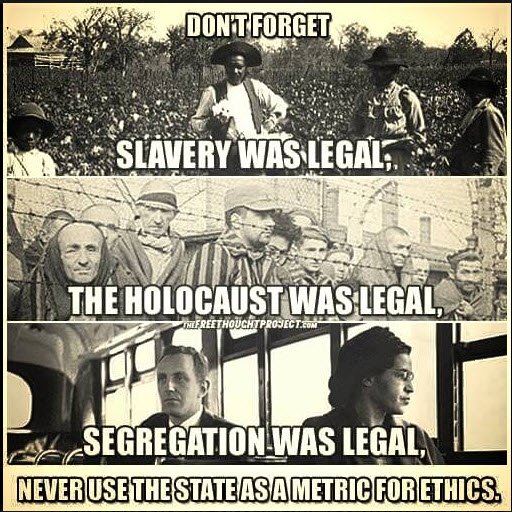ALAIN de BOTTON: We marry the wrong person because we fail to focus on excellence in resolving conflict
Alain de Botton has written an extremely insightful article at the NYT on why we marry the wrong person. What do we traditionally look for: During a perfectly romantic date, we propose marriage as an attempt to bottle up romance forever. Or we act Machiavellian, seeking to find someone for strategic advantages. There's nothing bad about any of this, but it leaves out a critically important area of concern. Alain de Botton urges that we not overlook that we are all dysfunctional, and that dysfunction often is left unexplored until after the vows are uttered.
We seem normal only to those who don’t know us very well. In a wiser, more self-aware society than our own, a standard question on any early dinner date would be: “And how are you crazy?” Perhaps we have a latent tendency to get furious when someone disagrees with us or can relax only when we are working; perhaps we’re tricky about intimacy after sex or clam up in response to humiliation. Nobody’s perfect. The problem is that before marriage, we rarely delve into our complexities. Whenever casual relationships threaten to reveal our flaws, we blame our partners and call it a day. As for our friends, they don’t care enough to do the hard work of enlightening us. One of the privileges of being on our own is therefore the sincere impression that we are really quite easy to live with.For instance, we tend to seek those things that traditionally make us happy, but many of those things are things from our dysfunctional childhoods:
What we really seek is familiarity — which may well complicate any plans we might have had for happiness. We are looking to recreate, within our adult relationships, the feelings we knew so well in childhood. The love most of us will have tasted early on was often confused with other, more destructive dynamics: feelings of wanting to help an adult who was out of control, of being deprived of a parent’s warmth or scared of his anger, of not feeling secure enough to communicate our wishes. How logical, then, that we should as grown-ups find ourselves rejecting certain candidates for marriage not because they are wrong but because they are too right — too balanced, mature, understanding and reliable — given that in our hearts, such rightness feels foreign. We marry the wrong people because we don’t associate being loved with feeling happy.

 Found this graphic on Facebook.
Found this graphic on Facebook.